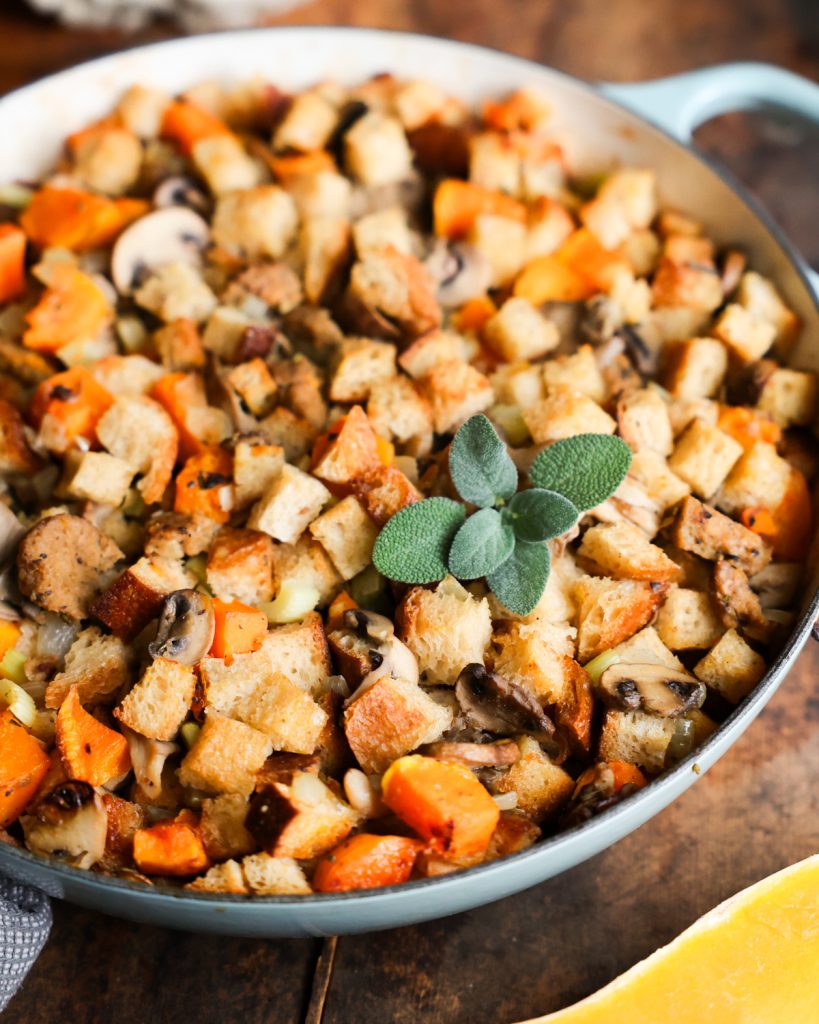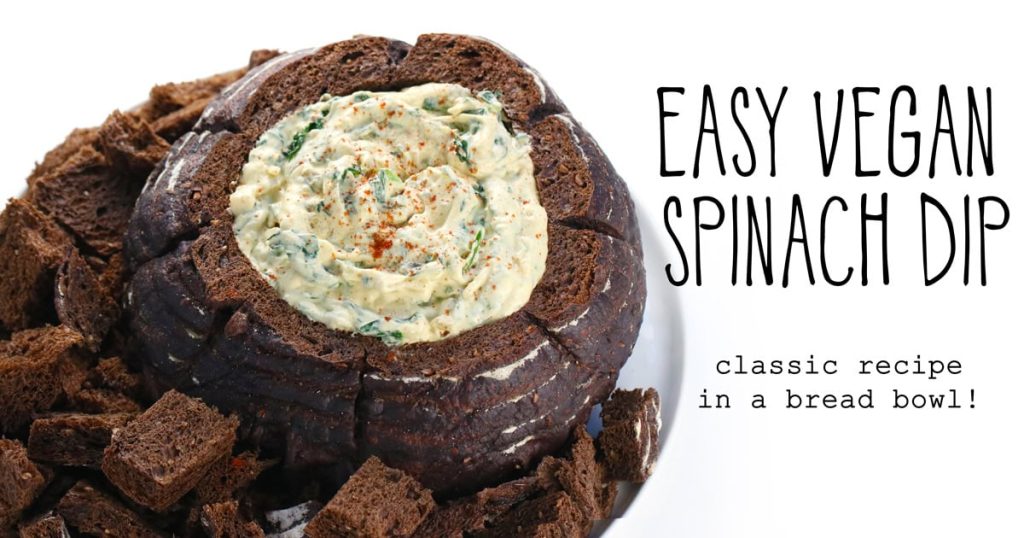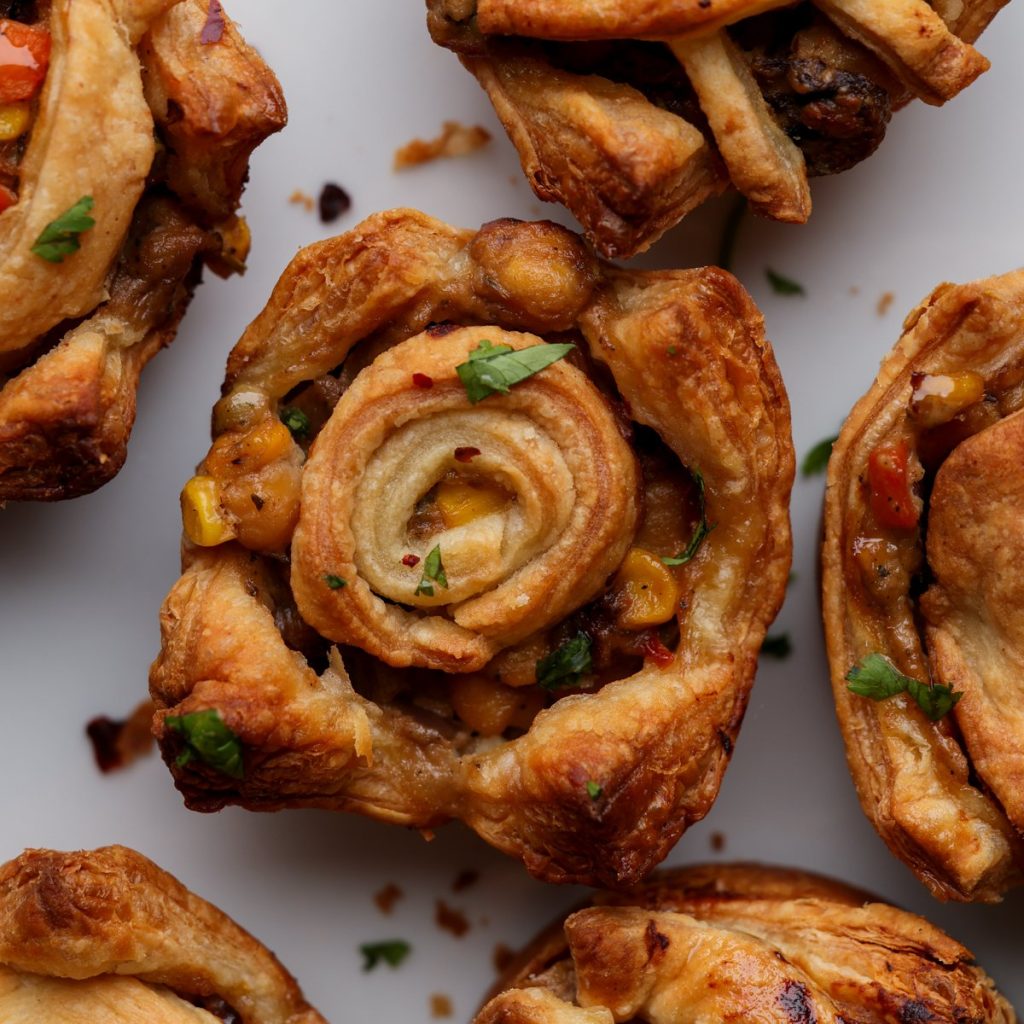You might assume that The Beet-Eating Heeb dreads Passover.
After all, the very name of the holiday relates to the smearing of lamb’s blood on the doorposts of the Hebrews.
It would be one thing if the lambs had willingly donated a pint or two at the local blood bank. We all know that’s not how it happened.
Furthermore, the Ashkenazic prohibition on eating legumes (which is pointless) really limits The Beet-Eating Heeb’s diet. This means eating even more beets than usual. Not such a bad thing, but he really misses lentils.
Believe it or not, though, BEH looks forward to Pesach every year as a holiday whose main spiritual themes intersect with veganism.
You might find that to be quite a stretch, especially if your mother is making her brisket for the Seder again this year.
But hear BEH out.
Without further fanfare, or actually any fanfare, The Beet-Eating Heeb presents:
The Top 3 Reasons Passover is a Vegan Holiday
At Passover, we celebrate our freedom, our deliverance from slavery.
It seems like a good time to abstain from meat, dairy and eggs, since the animals from which those products are derived are treated like slaves, or worse.
Actually, anthropologically speaking, the very motif of slavery comes from animal agriculture. (This may be the most intellectual sentence BEH has ever written.)
Allow The Beet-Eating Heeb to translate.
Buying and selling living beings, binding them with chains, and branding them with hot irons are all actions that we associate with slavery. And these are all actions that originated in animal agriculture.
In modern factory farming, what animals experience is even worse than slavery. BEH will spare you the details this time around. But suffice it to say, during Passover, it would be a little hypocritical to celebrate our freedom while participating in the confinement, mutilation and killing of other sentient, soulful beings.
At Passover, we seek to free ourselves from our own personal mitzrayim, our bad habits.
And meat-eating is a very bad habit. Bad for your health. Bad for the planet. And very bad for the animal involved.
Pesach provides the perfect opportunity to make changes in our lives. Reducing or eliminating animal products from your diet is one of the best changes you can make.
Humility.
Why do we eat matzah, the bread of affliction?
It’s not because we enjoy the feeling of constipation. (A feeling vegans rarely get, by the way.)
 It’s because, spiritually, matzah is humble. It is unleavened. It has not risen.
It’s because, spiritually, matzah is humble. It is unleavened. It has not risen.
We rid our homes of chametz and we eat matzah to remind ourselves to remain humble.
The whole concept of killing animals for food is based on the misguided notion that we are far superior to our furry and feathered friends.
The rabbis of the Talmud realized that humans would have a tendency to be anthropocentric. (BEH is on a roll.) Yes, anthropocentric. Look it up, if you have to.
Those rabbis found many ways to make the point that if human beings are superior by animals, it’s not by much. Take, for instance, the mitzvah of feeding your animals before you feed yourself. That’s humility, baby.
So, you see, The Beet-Eating Heeb has good reason to engage in vegan advocacy, right there at his Seder table.
If we take the spiritual significance of Passover seriously, then we must consider going veg.
![]()


